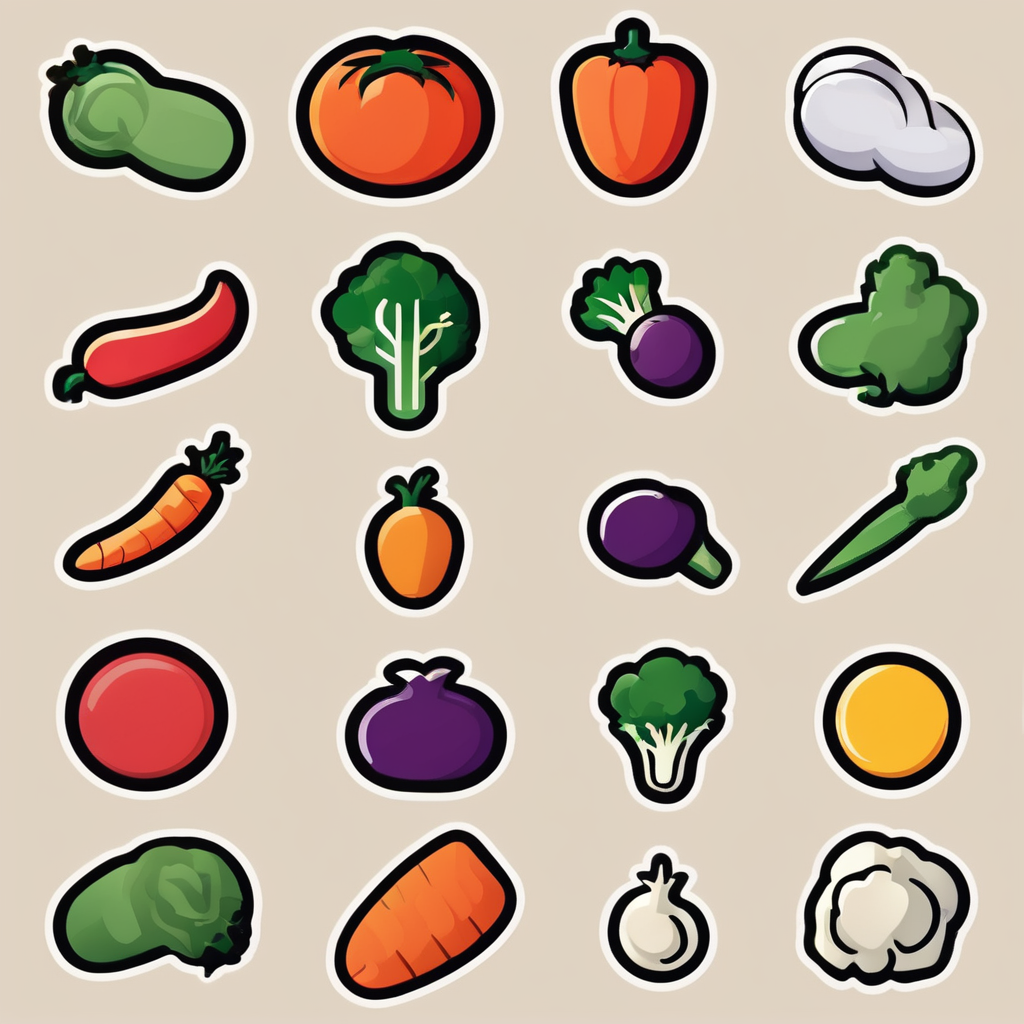Addressing the Environmental Impact of UK Kitchen Products
Understanding the environmental impact of kitchen products is vital for fostering sustainability in UK homes. Many kitchenware items are made from materials that contribute significantly to pollution. Common examples include plastics and non-biodegradable composites, which persist in landfills and oceans for decades. Single-use and non-recyclable items such as disposable utensils and packaging are particularly problematic, creating a large waste stream that challenges current recycling capabilities.
In UK kitchenware manufacturing, sustainability challenges arise from the extensive use of these materials and inefficient production practices. Traditional methods often consume high amounts of energy and generate substantial waste during manufacturing. This results in a high carbon footprint for many common kitchen products, from cookware to storage containers.
Additional reading : Unveiling barbaresco: the jewel of italian wines
Addressing these issues begins with identifying the frequent use of unsustainable materials. Companies and consumers alike must acknowledge the ecological costs of single-use items and focus on alternatives that promote durability and recyclability. Improving UK kitchenware’s sustainability requires shifting toward materials that minimize environmental harm throughout the product lifecycle. Rising awareness and innovation in this area lay the groundwork for meaningful change.
Innovations in Sustainable Materials and Manufacturing
The shift toward sustainable materials in UK kitchenware is gaining momentum as manufacturers seek eco-friendly alternatives to traditional plastics and composites. Renewable resources like bamboo, recycled metals, and biodegradable bioplastics are leading this transformation. These materials reduce reliance on fossil fuels and degrade naturally, significantly lowering the environmental impact of kitchen products.
In parallel : How Can Kitchen Innovations Transform Our Cooking Experience?
Advances in eco-friendly manufacturing processes are also crucial. Techniques such as energy-efficient molding, use of recycled content in raw materials, and minimal waste production help reduce the carbon footprint during the creation of UK kitchen product materials. For example, some manufacturers employ closed-loop systems that recycle water and raw materials, cutting both waste and emissions.
Several UK kitchen brands have embraced these innovations, integrating sustainable materials and green manufacturing practices into their offerings. These companies demonstrate that prioritizing environmental responsibility does not sacrifice product quality or design. Instead, their efforts prove that eco-conscious choices support durability and consumer appeal.
By focusing on these developments, the industry addresses sustainability challenges effectively, providing kitchenware that aligns with environmental goals without compromising functionality. Adoption of such materials and methods paves the way for a more sustainable future in UK kitchen products.
Addressing the Environmental Impact of UK Kitchen Products
The environmental impact of kitchen products in the UK largely stems from the widespread use of non-biodegradable materials such as plastics and composites in kitchenware manufacturing. These materials resist natural degradation, contributing to persistent waste accumulation in landfills and waterways. The extent of this issue is magnified by the prevalence of single-use and non-recyclable items like disposable cutlery and plastic packaging, which significantly burden waste management systems.
Common sustainability challenges arise because these materials often require energy-intensive production processes. UK kitchenware manufacturers frequently rely on fossil-fuel-based plastics, which increase carbon emissions throughout the product lifecycle. Additionally, inefficient manufacturing methods generate considerable waste, further elevating the ecological footprint of kitchen products.
The dominance of cheap, non-recyclable items undermines efforts to promote durable and recyclable alternatives. For example, many single-use utensils are designed for convenience rather than long-term use or recyclability, preventing effective waste reduction.
Overcoming these challenges demands a concerted focus on material substitution and improved manufacturing efficiency. Incorporating recyclable kitchen products and reducing reliance on disposable items are key steps to minimizing the sector’s environmental impact and fostering sustainable practices within the UK kitchenware industry.
Addressing the Environmental Impact of UK Kitchen Products
The environmental impact of kitchen products in the UK is heavily influenced by the use of non-sustainable materials and production methods. Many UK kitchenware items still rely on plastics and composites that do not biodegrade, leading to persistent waste issues. These materials contribute significantly to landfill accumulation and environmental pollution.
One notable sustainability challenge is the widespread prevalence of single-use and non-recyclable items. Disposable cutlery, plastic packaging, and other short-lived products dominate kitchen waste streams, hindering efforts to reduce overall environmental harm. Such items are often designed for convenience rather than recyclability, making them difficult to repurpose or recycle effectively.
Additionally, UK kitchenware manufacturing frequently involves energy-intensive processes that increase carbon emissions. These inefficiencies compound the environmental impact throughout the product lifecycle, from raw material extraction to production and disposal. Tackling these challenges requires a focus on replacing unsustainable materials with recyclable alternatives and promoting longer-lasting, eco-conscious products. By doing so, the UK kitchenware sector can significantly reduce its ecological footprint and contribute to more sustainable consumption patterns.
Addressing the Environmental Impact of UK Kitchen Products
The environmental impact of kitchen products in the UK primarily stems from materials like plastics and composites, which pose significant sustainability challenges. These materials are commonly used in UK kitchenware but resist natural degradation, accumulating in landfills and marine environments. Particularly concerning is the high volume of single-use and non-recyclable items, such as disposable cutlery and plastic packaging, which overwhelm recycling systems due to their short lifespans and limited recyclability.
UK kitchenware manufacturing often relies on energy-intensive processes that increase the carbon footprint of products throughout their lifecycle. Fossil-fuel-based plastics dominate production, contributing significantly to greenhouse gas emissions. These sustainability challenges are compounded by inefficient waste management and a lack of widespread adoption of recyclable alternatives across the industry.
Addressing this requires a shift towards more durable, recyclable UK kitchenware and reducing dependence on disposable items. By targeting the root causes—the choice of materials and manufacturing practices—manufacturers can mitigate environmental harm. Understanding and tackling these factors in detail is essential for effective solutions that lower the ecological footprint of kitchen products across the UK market.


